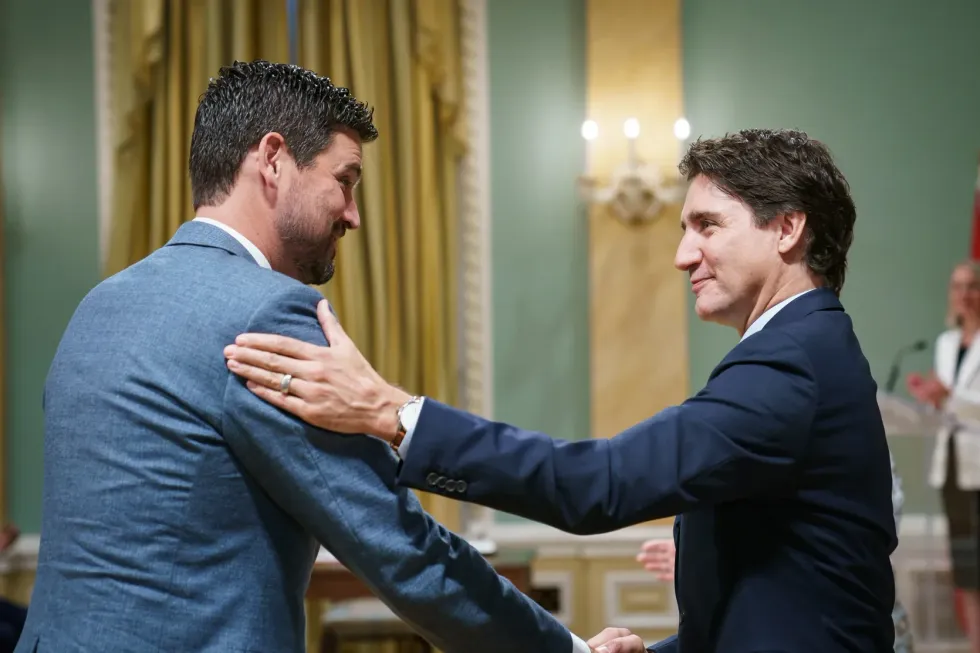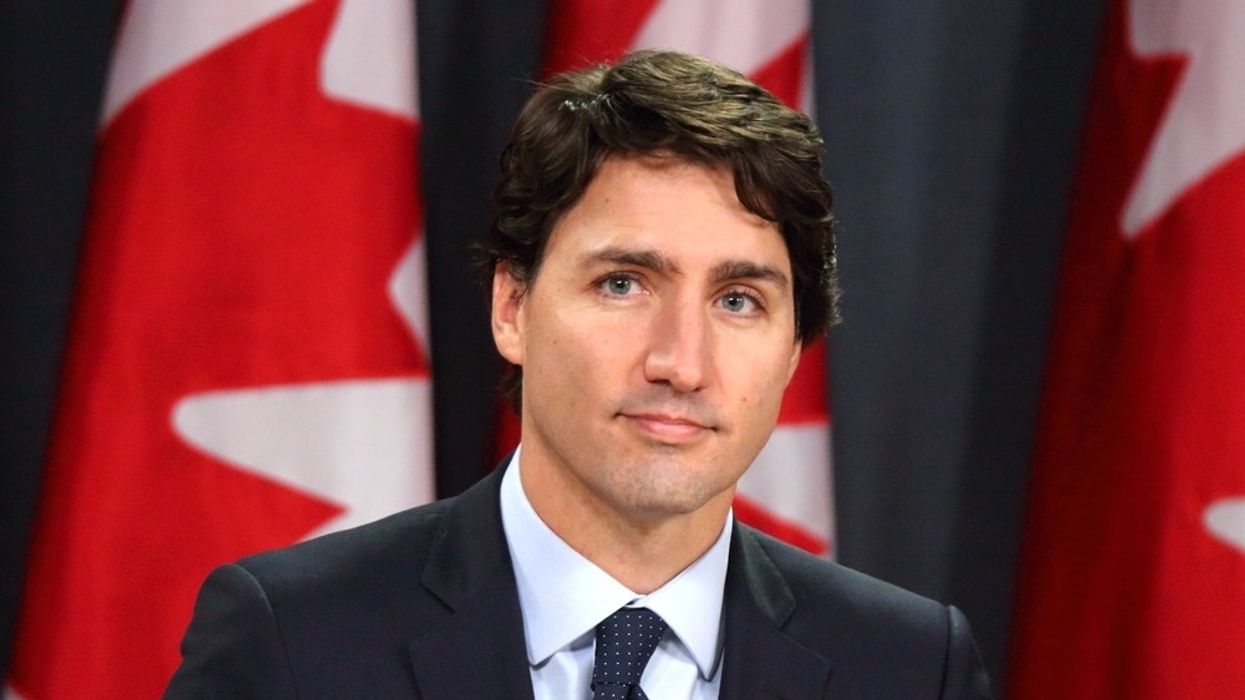Prime Minister Justin Trudeau convened with his ministers this week for a three-day cabinet retreat in Charlottetown, PEI. Housing affordability and climate change were the main points of focus, although no specific policy initiatives were confirmed as the meeting drew to a close yesterday morning.
Still, Canadians were able to gain a little insight into the discussions that took place over the course of the retreat thanks to televised remarks by a number of ministers, as well as Prime Minister Trudeau himself.
This week’s Liberal retreat comes less than a month after Trudeau’s cabinet shuffle, which saw several ministers moved into new roles, including former Immigration Minister Sean Fraser, who has since assumed the role of Minister of Housing, Infrastructure and Communities.

With no shortage of emphasis on Canada’s housing woes as of late, Fraser was unsurprisingly in the spotlight this week, taking to the mic to address reporters right off the bat on Monday. More specifically, Fraser discussed temporary immigration programs, which he said “were never designed to see such explosive growth in such a short period of time.”
This includes Canada’s international student program, which has caught a lot of flack this year given a pretty blatant disconnect between international student enrolments — Canada finalized over 800,000 study permit applications (including extensions) in 2022 — and the availability of on- and off-campus housing.
“The international student program has seen such growth in such concentrated areas that it is really starting to put an unprecedented level of demand, in some instances on the job market, but given the economic conditions we’ve been living with for the past couple of years, you see it in a more pronounced way in the housing market,” said Fraser.
When asked about putting a cap on such enrolments, Fraser said it’s one of the options the feds are willing to consider — albeit not at this stage in the game.
“I think we should start by trying to partner with institutions to understand what role they may play to reduce the pressure on the communities that they’re operating within,” he said. “We’ll have more to say after I’ve had the chance to engage with Minister Miller.”
In answering questions from reporters on Monday, Fraser also spoke to the National Housing Strategy, saying that while the feds may or may not opt to “revisit” the strategy, they’re less concerned with how the broader strategy is 'branded' and more focussed on grassroots, boots-on-the-ground solutions and initiatives.
“I'm hearing different opportunities about how we can better engage the private sector to invest in solving some of the housing challenges, I'm talking to employers who are actually interested in participating in workforce housing opportunities so they can help more quickly grow the economy, I'm talking to low-income families and the people who run non-market housing projects to make sure even the most vulnerable have a roof over their head,” said Fraser.
“Whether we call it a revisited national housing strategy or whether we announce measures, the people that I've spoken to want us to solve the problems and are less fussed about what we call the solution.”
Prime Minister Trudeau himself closed out the retreat with a press conference on Wednesday morning, in which he called the rising cost of housing one of the federal government’s “core priorities” (despite his recent remarks to the contrary).
“Yesterday, we heard from experts and directly from Canadians who are facing these problems. Everyone agrees that it’s a complex issue that requires solutions that bring together all orders of government, the private sector, and the non-profit sector,” said Trudeau. “There's no doubt that we all have a lot of work to do.”





















